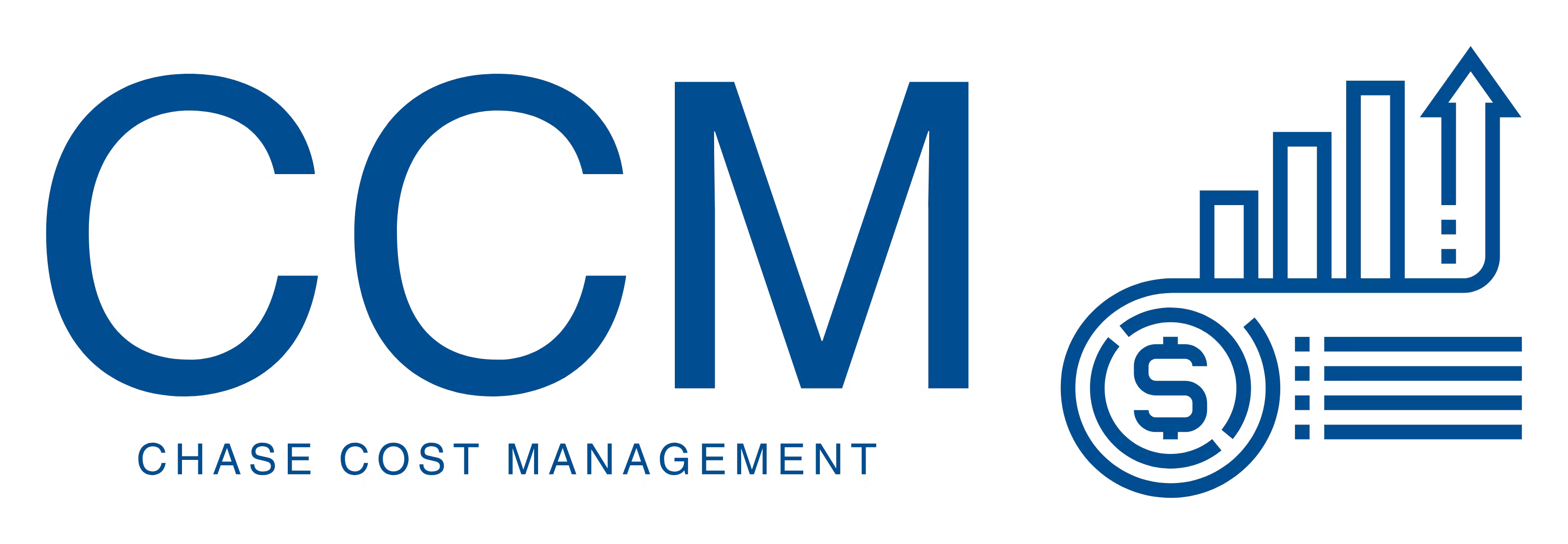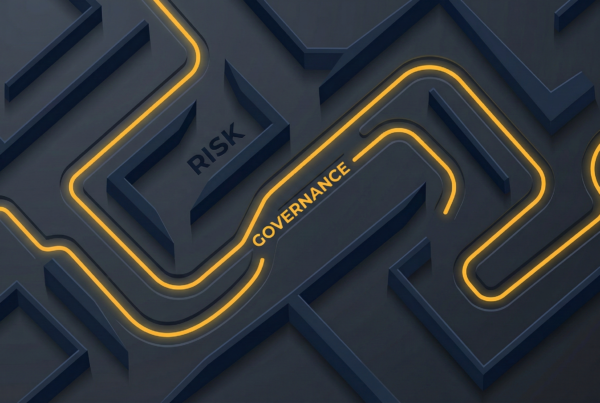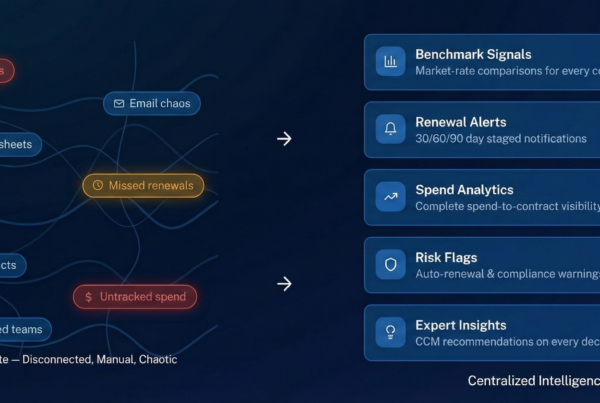The Value Equation: AI Enabled Procurement in 2026
Costs are climbing, vendor risk is rising, and portfolios are more complex than ever. AI agents, vendor intelligence, and a modern operating model give leaders a way to see risk earlier, protect margin, and turn procurement into a value engine instead of a reactive support function.
The next twenty four months create a narrow window. Organizations that rethink procurement now will gain structural advantages that compound over time. The leaders who win will not simply deploy AI. They will connect clean data, vendor intelligence, and governance into a single operating model that manages risk, clarifies obligations, and delivers measurable value.
Procurement is shifting from a support function to an intelligence layer that protects margin and improves decision making. AI agents reduce search time and administrative work while human experts move closer to the point of decision with better insights, benchmarks, and risk signals.
Vendor portfolios have expanded significantly, yet most organizations still track renewals in inboxes and spreadsheets. Software and SaaS costs are rising, auto renewal increases are built into contracts, and regulatory pressure around privacy, cyber, and AI governance is growing. Procurement headcount has not kept pace with this complexity.
The value of rethinking procurement in this cycle
Technology accelerates productivity. Intelligence determines value. The organizations that combine AI with clean data, vendor intelligence, and strong governance will set their cost structure and risk posture for the next decade.
Procurement has become a strategic operating system that manages risk, strengthens financial visibility, and delivers measurable value. Several forces are accelerating this shift.
Most organizations now manage three to five times more vendors than they did five years ago, while procurement resources have not increased at the same rate. AI can help only when supported by strong data discipline and vendor intelligence.
Without a strategic reset, organizations face higher prices, uncontrolled contract obligations, fragmented spend visibility, unmanaged vendor risk, inefficient workflows, and uncertainty around future spending.
The new operating system for 2026
AI enabled procurement is not a single tool. It is a connected operating model that reshapes how information, decisions, and governance flow through the organization.
-
From searching to deciding AI agents reduce search time, remove administrative tasks, and bring insights forward so that human expertise focuses on choices that affect risk, cost, and value.
-
Embedded vendor intelligence Benchmarks, pricing memories, negotiation history, and risk indicators become core inputs to planning, budgeting, and negotiation. Decisions rely on evidence rather than anecdotes.
-
From reactive to proactive governance Organizations move away from last minute renewals. Signals highlight risk, potential savings, and consolidation opportunities months in advance so leadership can act with intention instead of urgency.
-
A new skill set built on strategy, influence, and insight Procurement leaders interpret insights, guide governance, influence stakeholders, and translate data into clear financial stories that resonate with finance, technology, and the business.
-
Procurement measured by value and risk Savings realized, spend under governance, risk avoided, and vendor performance become the core scorecard. Activity gives way to outcomes.
The new era of AI enabled procurement
How work shifts for procurement teams
Today procurement teams still spend their time
In 2026 AI agents will
Agents, data, and vendor intelligence
AI can classify, summarize, and predict. It cannot, on its own, decide what competitive pricing should be, which vendors discount, which negotiation levers work, which terms quietly add risk or cost, which vendors have reliability issues, or where the organization is overly dependent on a single provider.
That level of judgment requires vendor intelligence built from pricing patterns, historical terms, vendor behaviors, category norms, and the outcomes of hundreds of past negotiations.
When AI agents and vendor intelligence combine, organizations gain renewal risk indicators, projected savings opportunity scores, category specific negotiation playbooks, vendor health and dependency assessments, and benchmark driven rate expectations. This combination becomes a durable competitive advantage.
Skills, roles, and the 2026 operating model
Procurement workloads will shift dramatically. Less time will be spent on searching, indexing contracts, manual reporting, and tactical data cleanup. More time will be spent interpreting AI generated signals, leading governance with finance and IT, building vendor strategies, managing category roadmaps, influencing executives, and ensuring value realization.
Critical skills for twenty twenty six include:
The team of the future is smaller, smarter, and more deeply embedded in how the organization plans, invests, and manages risk.
Insights in action for leaders
Common pitfalls to avoid
About Chase Cost Management
Chase Cost Management is a procurement advisory and managed services firm supporting organizations across legal, healthcare, professional services, and high growth industries. Founded in nineteen ninety eight, CCM specializes in vendor governance and sourcing execution, contract and renewal management, benchmark driven negotiation strategies, category expertise across dozens of indirect spend areas, procurement modernization and operating model design, and integrated support across finance, IT, operations, and business leaders.
CCM combines decades of vendor intelligence with technology enabled workflows to help organizations manage spend under governance, reduce risk, and realize meaningful savings.
Today, CCM partners with clients who want to modernize procurement into an intelligence led, AI assisted function that operates with transparency, discipline, and measurable value. The goal is to give leaders a practical vision for the next era and a clear path to strengthen internal models today so procurement becomes a driver of true return on investment and operational clarity.
Evaluate your AI enabled procurement roadmap
CCM combines vendor intelligence, a governance operating model, and technology such as Synq so that your organization is the best prepared party at every negotiation table. If you would like a confidential view of your current position, we can deliver a preliminary AI procurement value analysis in this planning cycle.
The objective is clear: protect margin, regain control over vendor driven costs, and turn AI enabled procurement into a repeatable advantage for your leadership team.
Frequently asked questions about AI enabled procurement
These are the questions leadership teams usually raise when they start connecting AI agents, vendor intelligence, and governance into a single procurement operating model.
What is AI enabled procurement in practical terms?
AI enabled procurement uses agents to read contracts, surface risks, spot pricing drift, and generate renewal options while humans focus on strategy and negotiation. Instead of searching for information, teams review signals, benchmarked scenarios, and recommended actions inside a governance workflow.
How quickly can we see financial impact from this model?
Most organizations begin to see impact within the first renewal cycle once contracts and data are centralized, notice periods are managed, and benchmarks inform pricing. Capturing even a small share of unmanaged uplifts and license waste can reclaim significant margin without new revenue.
Do we need perfect data before we start?
No. Leaders start by centralizing the highest value vendors and renewals, then improve data quality over time. Waiting for perfect data delays savings and risk reduction. A disciplined operating model and ownership are more important than perfect data on day one.
How do CCM and Synq support AI enabled procurement?
Chase Cost Management brings vendor intelligence, negotiation experience, and governance design. Synq centralizes contract metadata, renewal dates, pricing terms, and signals in one workspace. Together they give leadership a clear view of spend under governance, risk, and value so AI agents work on top of reliable information.





